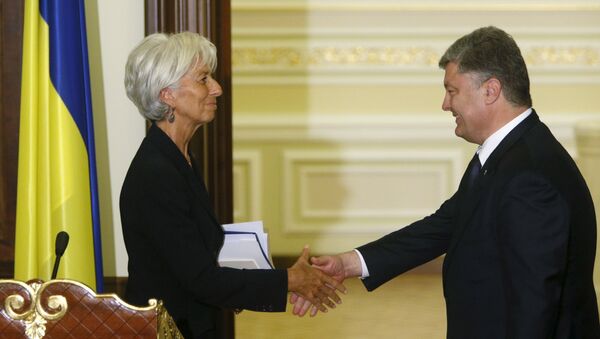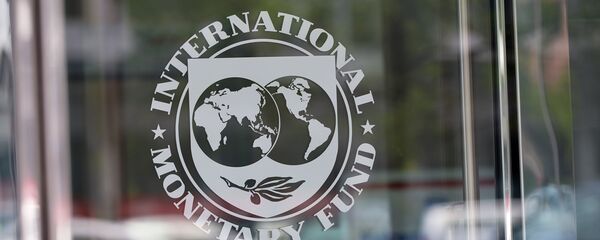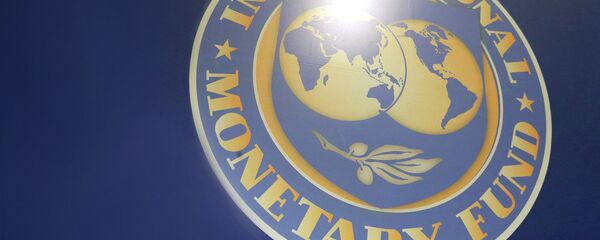Russian officials have repeatedly emphasized that according to IMF rules, a country should be denied aid unless it settles its debts in good faith.
"Each time the conditions of repayment are eased the debtors — the Ukraine and others with debt obligations or even contemplating borrowing — are encouraged to take on more debt," University of British Columbia Sauder School of Business Professor Maurice Levi told Sputnik.
Successive changing of the rules, Levi argued, accentuates the "moral hazard" problem, meaning that if a state is afforded the ability to borrow money it will likely fail to resist the temptation.
After the IMF announced its decision, Kremlin spokesman Dmitry Peskov said the rules should not be modified "up-to-the-minute" based on political circumstances.
Peterson Institute for International Economics Senior Fellow Anna Gelpern told Sputnik the situation in principle is not unique, pointing to the 1990s when the IMF allegedly relaxed certain conditions vis-a-vis Russia.
Russia reacted to the decision to release aid to Ukraine, however, just as most countries would who were in a similar position, Gelpern explained.
"It is par for the course when it comes to protests, though certainly bears putting in context," Gelpern said.
Gelpern noted that debtors and creditors should work out their differences through negotiations, but Russia, like any other country, will use the tools they can to gain leverage.
On March 11, 2015, the IMF approved a four-year program of financial aid to Ukraine, which stipulates a $17.5-billion loan to be paid out in a number of installments over the next four years and originally open for review on a quarterly basis.
Ukraine heavily relies on foreign aid to support its economy and to pay debts amid the ongoing armed conflict with independence supporters in the country's southeast.





